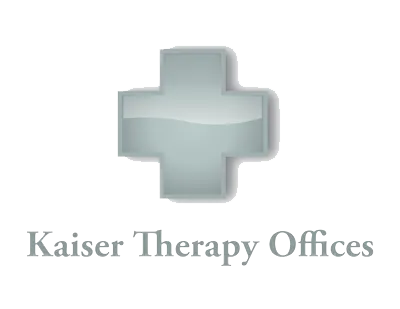The term Whiplash is associated with neck injuries that frequently occur as a result of motor vehicle collisions. There is much published about how injury occurs, the most compelling of which is that we simply cannot voluntarily contract our neck muscles fast enough to avoid injury, as injury to the neck occurs within 500msec. and voluntary contraction or bracing takes 800msec or longer. The question this month is, does chiropractic work in managing patients with whiplash associated disorders (WAD)?
To answer this, a study published in the Journal of Orthopaedic Medicine reported that chiropractic was indeed superior to standard medical care. Most importantly, they studied chronic whiplash patients that (typically) are more challenging to treat compared to the acute, more recently injured whiplash patient. Their article starts out with the statement, conventional treatment of patients with whiplash symptoms is disappointing. The term conventional treatment means medical (non-chiropractic) treatment. One of the studies referenced by the authors reported 26 of 28 patients suffering from chronic whiplash syndrome benefited from chiropractic treatment. The term chronic means that those injured have had ongoing complaints for longer than 3 to 6 months, and typically are less likely to respond compared to those more recently injured (acute injuries).
The authors interviewed 100 consecutive chiropractic patients being treated for chronic whiplash of which 93 completed the entire study. Those 93 were divided into 3 symptom groups: Group 1 consisted of neck to shoulder area pain, restricted neck movement with no neurological injury; Group 2 consisted of neck pain, restricted movement, and neurological loss; Group 3 consisted of severe neck pain but had full/normal neck movement, no neurological loss, but had unusual symptoms including blackouts, visual disturbance, nausea, vomiting, chest pain, and non-anatomic neurological complaints, which means the pain or numbness does not correlate with exam findings or were inconsistent. An average of 19.3 chiropractic adjustments over a mean 4.1 month duration were rendered after which time the patients were surveyed and the results are as follows (asymptomatic = no pain or symptoms):
- Group 1: 24% Asymptomatic, 24% Improved by 2 symptom grades, 24% Improved by 1 symptom grade, 28% No improvement.
- Group 2: 38% Asymptomatic, 43% Improved by 2 symptom grades, 13% Improved by 1 symptom grade, and 6% No improvement.
- Group 3: 0% Asymptomatic, 9% Improved by 2 symptom grades, 18% Improved by 1 symptom grade, 64% No improvement, and 9% Got worse.
In their discussion, they reported that similar to the study where chronic symptoms improved in 26 of 28 patients (93%), here 69 of 93 patients improved (74%). They identified a non-responders group (Group 3), where neck movement was normal in spite of pain, bizarre symptoms, and ongoing litigation. The mean age was lower in this group vs. the other two (29.5 vs. 36.8 years old). They concluded, The results from this study provide further evidence that chiropractic is an effective treatment for chronic whiplash symptoms. However, our identification of a group of patients who fail to respond to such treatment highlights the need for a careful history and physical examination before commencing treatment. Bottom line, try chiropractic FIRST!!!
We realize you have a choice in where you choose your healthcare services. If you, a friend or family member requires care for whiplash, we sincerely appreciate the trust and confidence shown by choosing our services and look forward in serving you and your family presently and, in the future.
